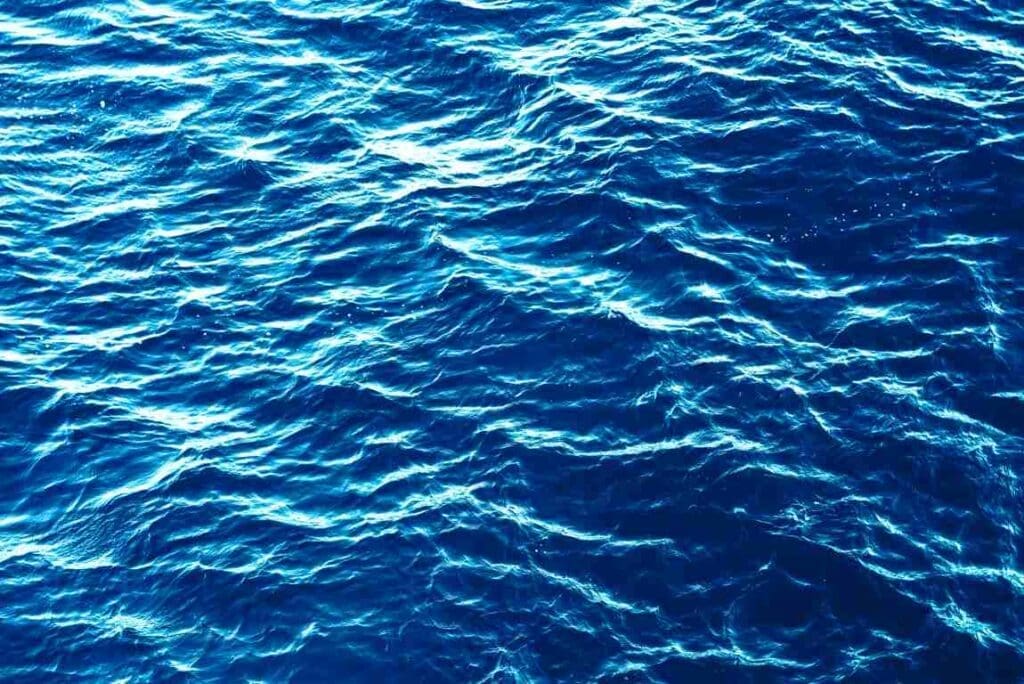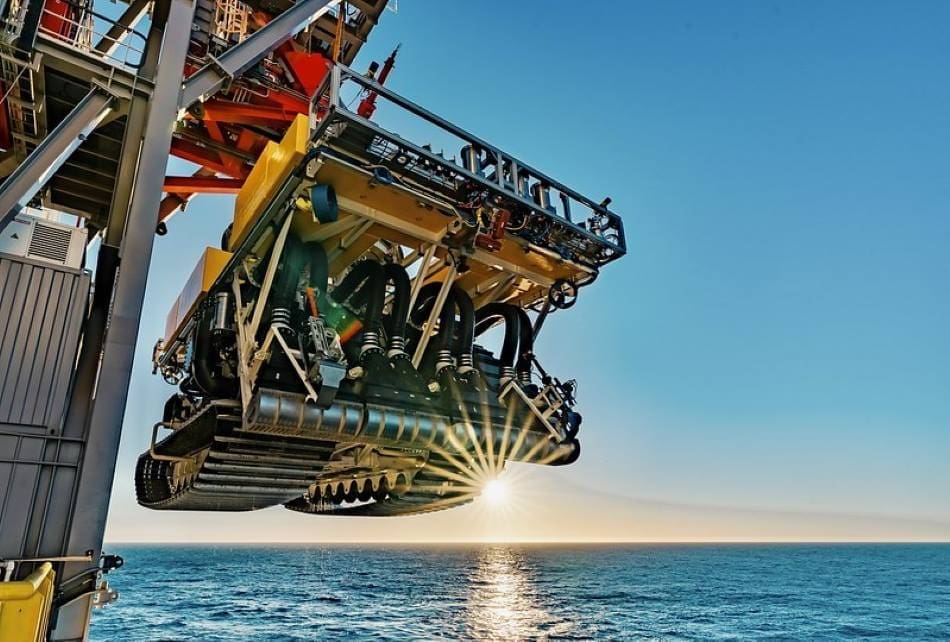Sydney, Australia | AFP
A US firm says it has launched a bid for deep-sea mining in the waters off a remote Pacific island, urging regulators to greenlight its foray into the contentious emerging industry.
Impossible Metals said it had asked United States officials to “commence a leasing process” for a parcel of ocean surrounding far-flung US territory American Samoa.
The miner said the region likely harboured ocean-floor deposits of nickel, cobalt and copper — coveted metals used in rechargeable batteries and other renewable energy technologies.
“Impossible Metals’ innovative approach to selective harvesting of minerals from the deep sea will revolutionize the mining industry and ensure that the United States remains a leader in sustainability, technology, and clean energy,” the company said in a statement.

American Samoa is a US territory in the South Pacific with a population nearing 50,000 people.
The International Seabed Authority (ISA) is scrambling to devise rules for deep-sea mining, balancing its economic potential against warnings of irreversible environmental damage.
The United States is not a member of the UN-affiliated body, and Impossible Metals’ bid circumvents the seabed authority by mining within US jurisdiction, rather than international waters.
Canada-based deep-sea mining frontrunner The Metals Company recently stunned industry observers with an attempt to sideline the ISA.
After years of pushing the authority to adopt rules for industrial-scale mining, The Metals Company abruptly announced earlier this year it would seek US approval instead.
The Metals Company believes the United States has the power to approve mining in international waters under largely untested laws passed in 1980.
“The company strongly believes that the U.S. seabed mining code offers the greatest probability of securing a permit for commercial recovery of deep-sea mineral resources in a timely manner,” it said earlier this year.
“What we need is a regulator with a robust regulatory regime, and who is willing to give our application a fair hearing.”
There are fears this could fatally undermine the ISA, triggering a global free-for-all.
Companies hope to earn billions by scraping the ocean floor for polymetallic rocks, or nodules, that are loaded with manganese, cobalt, copper and nickel — metals used to build batteries for electric vehicles.
sft/djw/dhc
© Agence France-Presse
Article Source:
Press Release/Material by AFP
Featured image credit: Steve Jurvetson | Flickr | CC BY-NC 2.0




